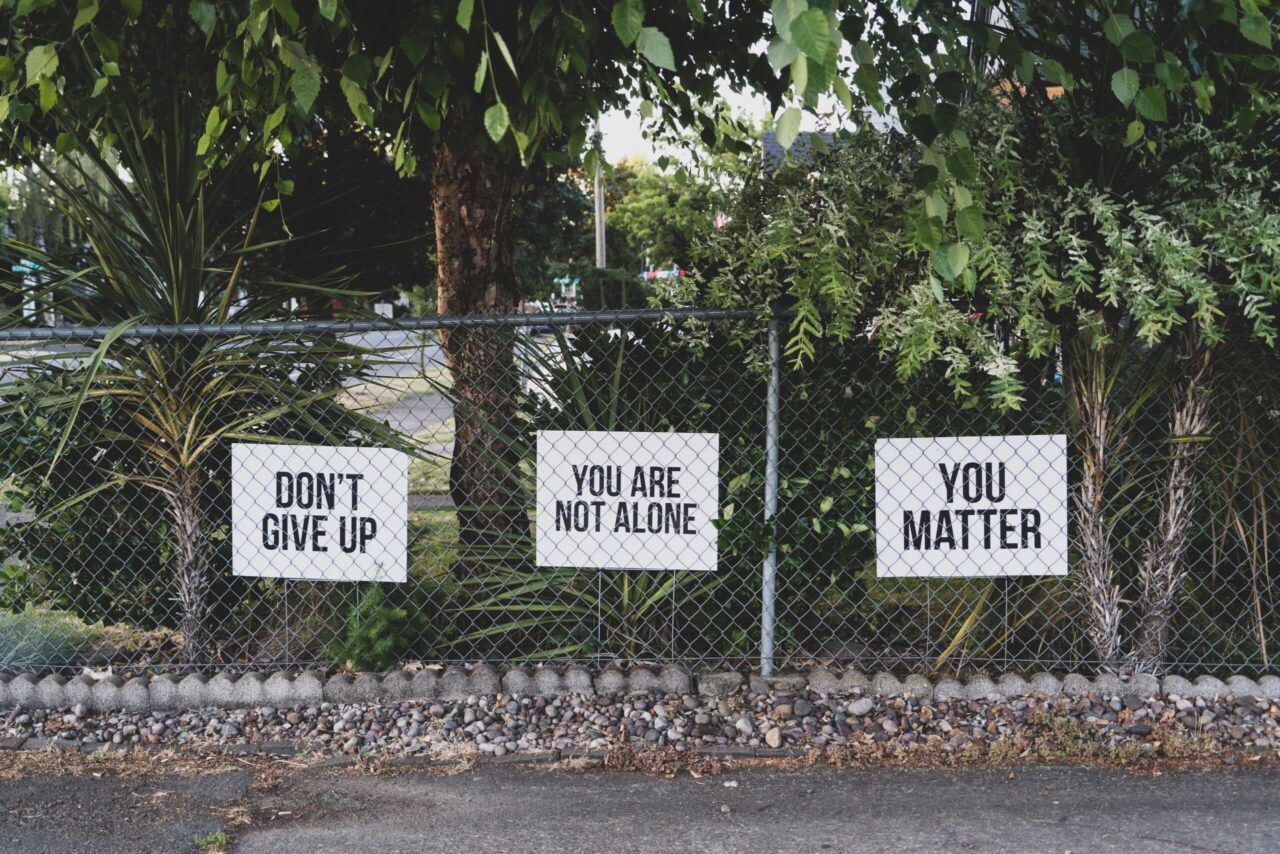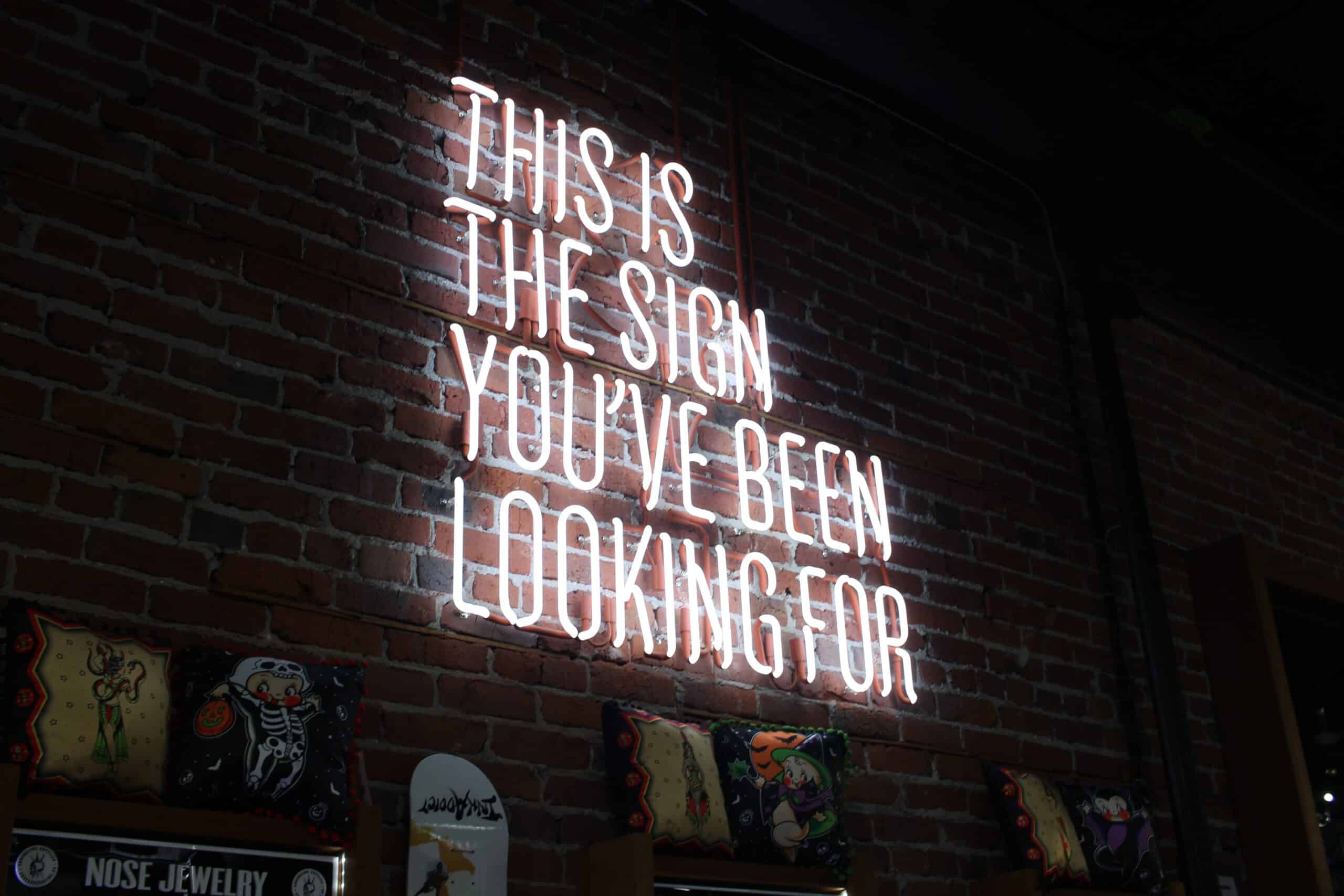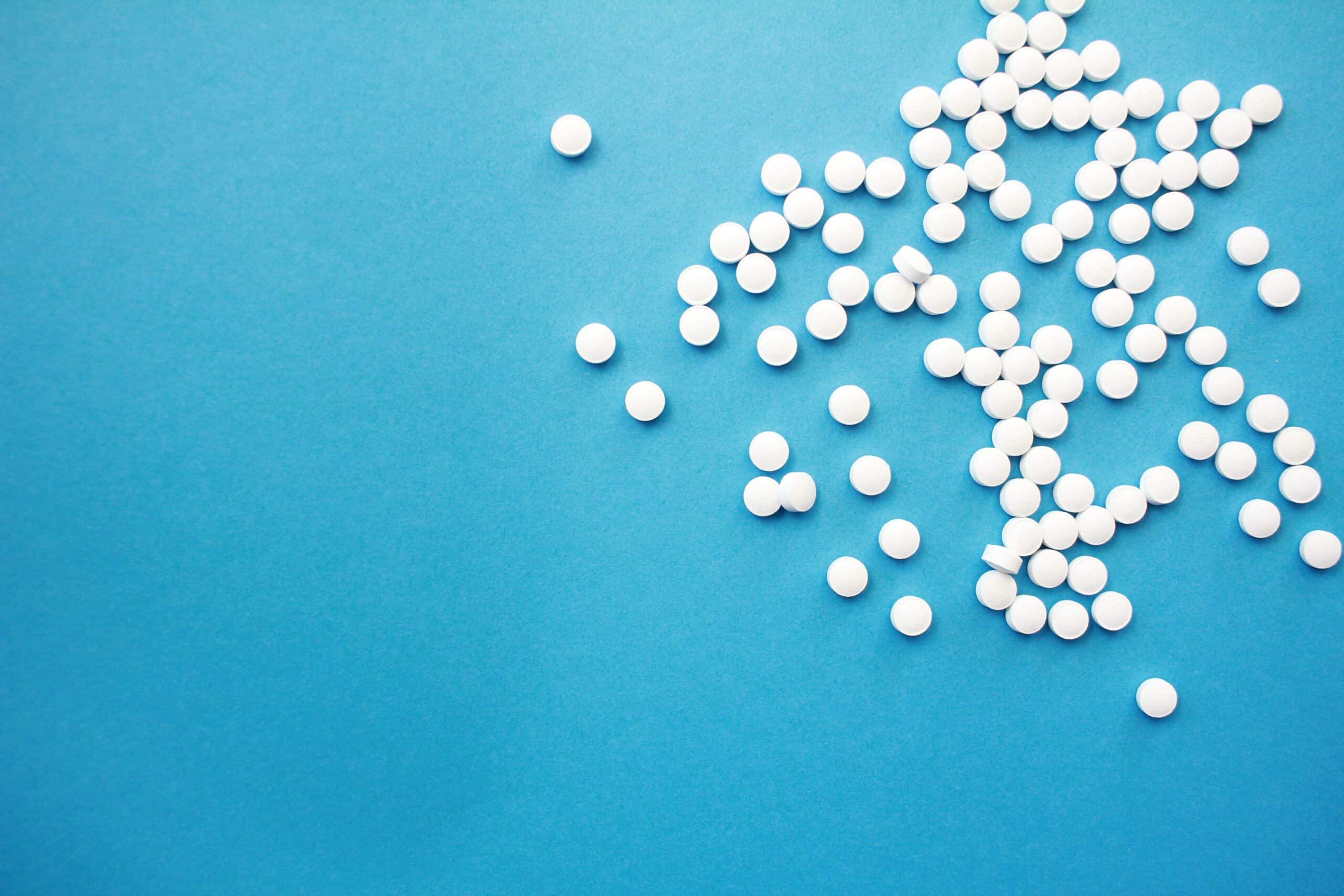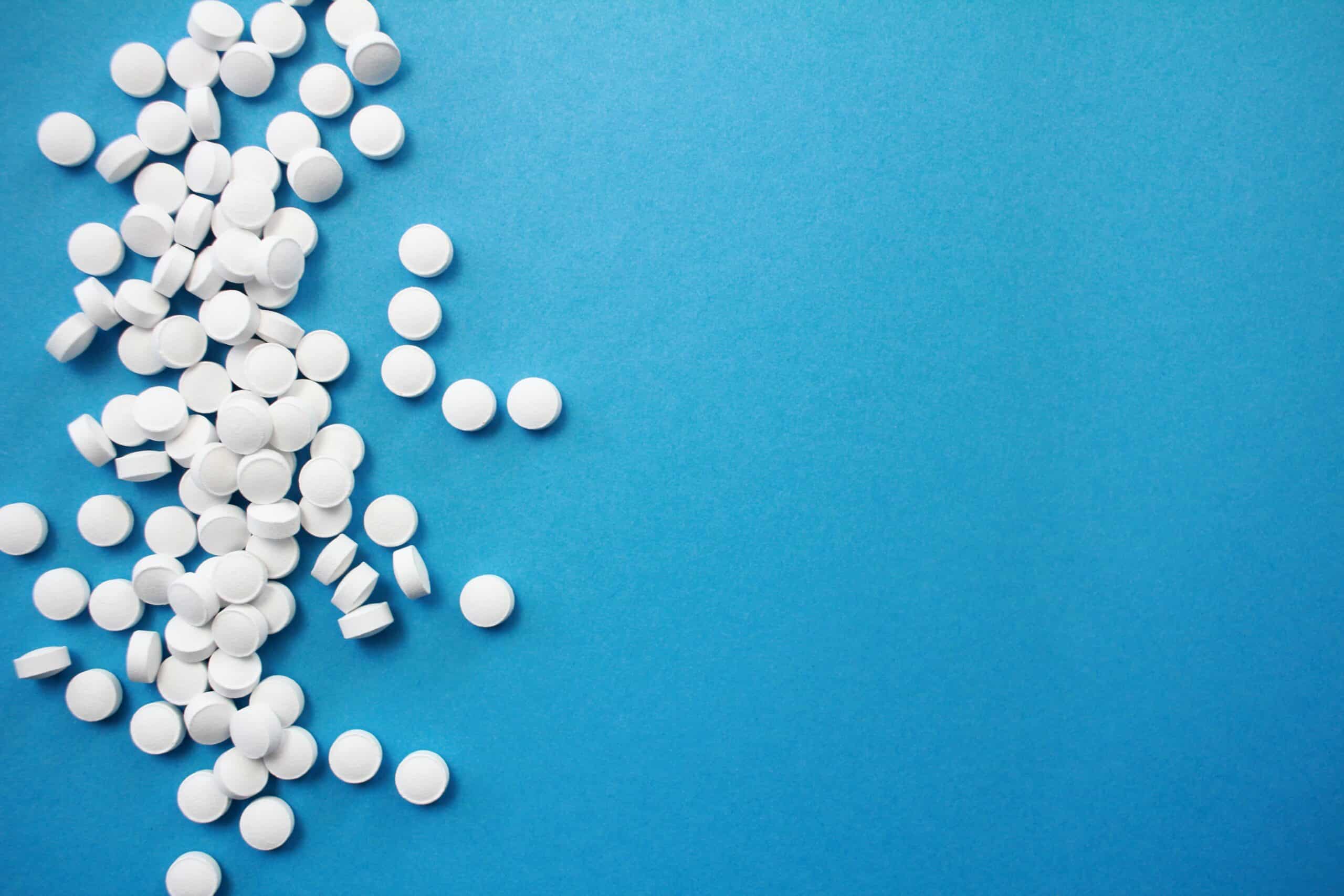We can use technology to help us avoid things that trigger substance abuse and addiction.
We can use technology to help us avoid things that trigger substance abuse and addiction.
We can use technology to help us avoid things that trigger substance abuse and addiction.
We can use technology to help us avoid things that trigger substance abuse and addiction.
We can use technology to help us avoid things that trigger substance abuse and addiction.
We can use technology to help us avoid things that trigger substance abuse and addiction.
We can use technology to help us avoid things that trigger substance abuse and addiction.
We can use technology to help us avoid things that trigger substance abuse and addiction.
We can use technology to help us avoid things that trigger substance abuse and addiction.
We can use technology to help us avoid things that trigger substance abuse and addiction.














